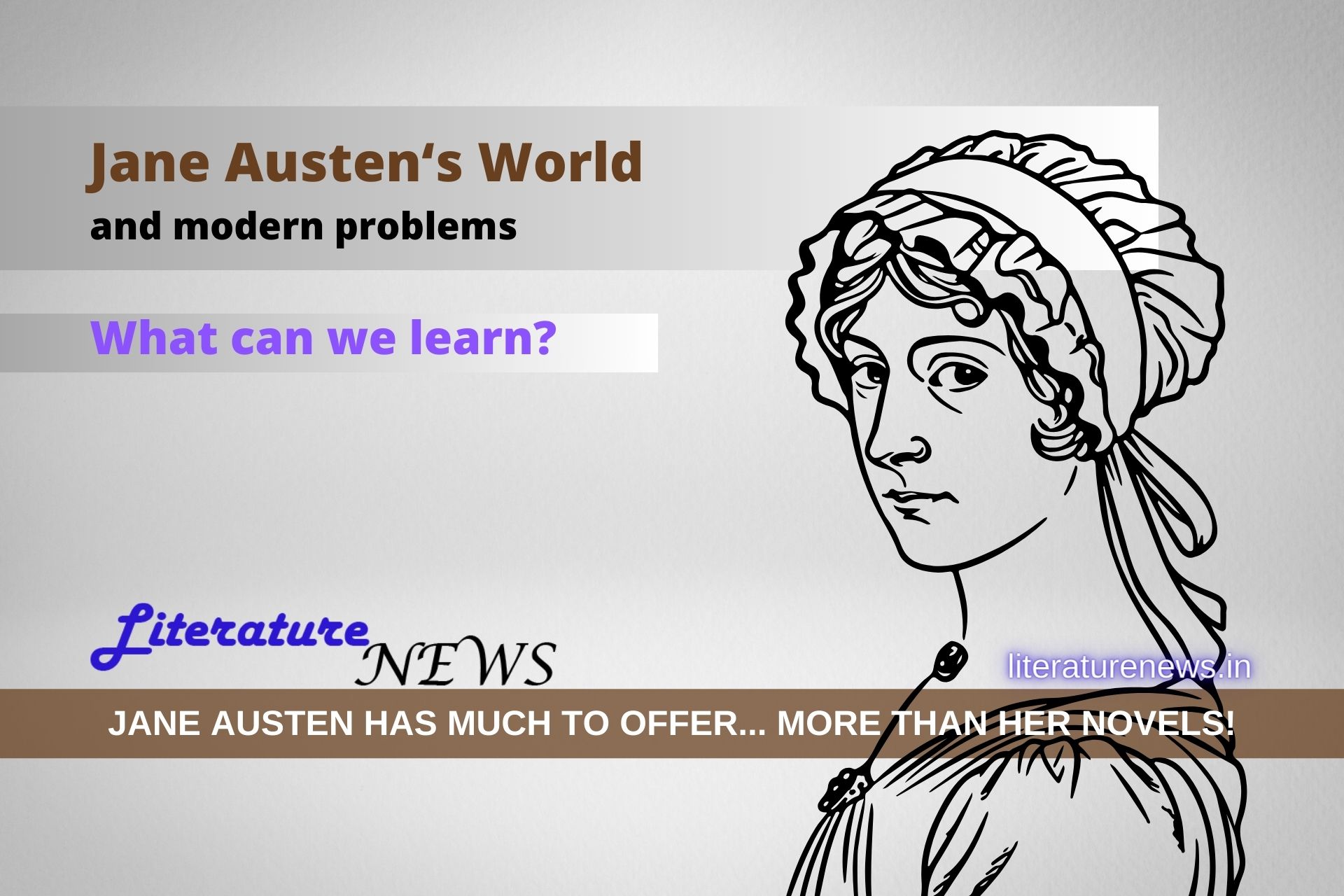The Evening
(Marathon Race to Acche Din – Part 4)
Astride time’s galloping steed, racing through the evening,
Time’s rhythm passes-by, flashing red light warning!
Vilifying threats blow from Northern wind,
With obeisance decree, zealots aim to win.
Bigoted pep-talks stoking fanatical heat,
Busybodies there drum up discordant beat;
Wretched tears flow from streams of disenchantment,
And banners galore, on myriad hurt sentiments.
Lamentably, fortune slips out of layman’s reach!
As limelight glares at barons and super-rich!
The sham morphed cuts infesting social apps,
Wreck the Nation’s melodies of diverse make-up.
Struggling for space, crying for peace, fighting for justice,
But look, oh look! Bloodstains paint the eerie cleft of malice;
Come on now! Strike down all snake-breeders,
The sycophants and votaries of the Jolly Rogers!
Identity clashes, driving casualties to edge of hell,
Quo vadis, oh Nation? Can anyone tell?
Ahoy Captain! Take the wheel right the wrong,
The Nation-ship never to drown but ever strong!
The poem by Phidalia Toi, a respected author and cinema personality – well-known in India, The Evening is a part of her book Marathon Race to Acche Din, Part 4. As usual, this poem will be placed at the end of the book summing up the fourth year of Modi Government at the centre. Because the poem is very attractive, I just decided to present it to the readers and analyse the poem for those who might be interested in this.
The first stanza of the poem is very remarkable as it sets the agenda and the tone. The poet has directly placed herself in the authoritarian position as she has been analysing the government for long. The flashing red light of warning and threats blowing from the Northern wind are significant and we can easily understand where the fingers are pointing.
The second stanza hits out at everything which is dangerous for the nation – the borrowed sentiments, the borrowed outrage and the fake outcry over the unfortunate incidents. Phidalia includes what we call communal clashes and also ideological clashes. Likewise, in the third stanza, the poet highlights how the fraudsters have been enjoying the fortunes and wealth and the poor are suffering because of a lacklustre attempt in curbing the increasing amounts of the general and household items. Moreover, she also hits out at the increasing and alarming penetration of the ‘social’ services which are anything but disintegrating our societies more than bringing us closer. For example, we can easily witness the ideological clashes every day on social media platforms. Moreover, the vicious use of social platforms has recently come to light when a few journalists were openly calling for breaking of the nation into two divides – south and north!
In the penultimate stanza, Phidalia roars on those fake and imposters, the people who use banners of ‘dissent’ and ‘justice’ to actually peddle their malicious agendas against the nation. And she rightly calls these people ‘snake-breeders’ because there cannot be any further explanation of these! We all can have our guesses who are the sycophants of Jolly Rogers or the grand robbers of India!
And lastly, the poet Phidalia Toi invokes the ‘captain’ of the nation to say enough is enough and stir the wheels to the track. People are there to try their best to derail the journey that India wants to continue to the path of glory… the phrases like “Quo vadis” are very powerful allusions used in the poem. Today, in this world, we see many groups, communities and societies with a father-figure somewhere in the past but totally doing things which they did never tell their followers to do.
To conclude, this poem by Phidalia Toi is not only relevant to the time at present but also very close to realism. She has pictured what’s happening in the country right now and as every good word-artists does, she has let the hints be there for the readers to decide what could these mean! I hope the book will have the same intensity as the poem has!
analysis and commentary by Ravi for Literature News






Add Comment